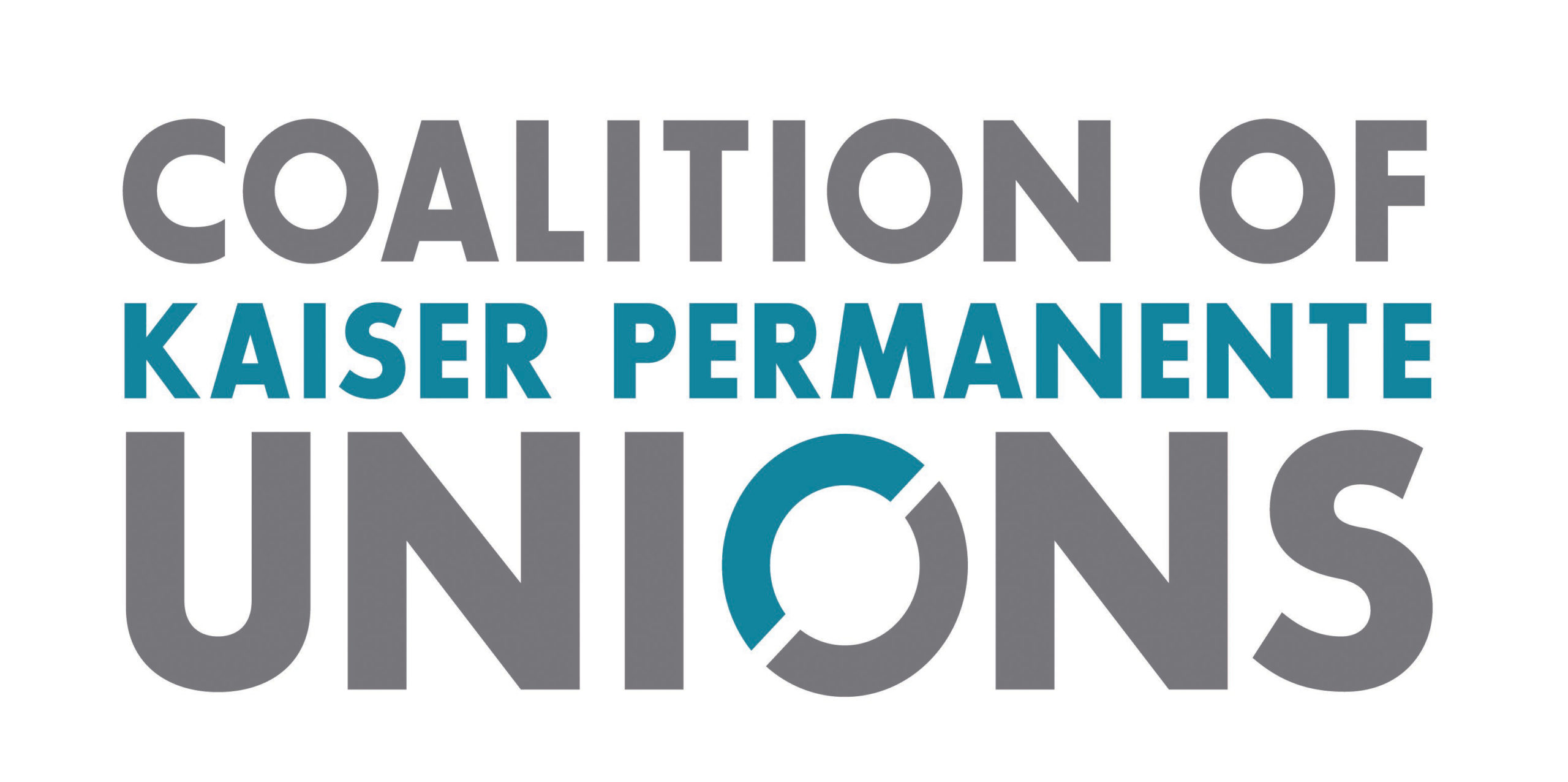Kaiser has announced that every region in the country, with the exception of Northern California, did not make the “financial gate” necessary to trigger a payout of the PSP bonus this year under our National Agreement (Section 2, pp. 57-61). Every year, Kaiser unilaterally sets a financial goal based on a projected operating margin (the amount of operating revenue over operating expenses). If the region doesn’t reach that financial gate, then the PSP is not paid, regardless of how Coalition union members did on the performance goals (there are ongoing disputes on this link in many regions).
Upon hearing of the possibility of not making the financial gate, due mainly to increased COVID expenses, the Coalition of Kaiser Permanente Unions (CKPU) met with Kaiser’s national leadership on February 4th. The Coalition’s proposal called for a full PSP payout in light of the extraordinary commitment shown by Kaiser employees throughout 2021. Coalition Union leaders admonished Kaiser for pinching pennies when it comes to frontline staff, as other hospitals offer large recruitment and retention bonuses to highly in-demand healthcare workers.
At that meeting, Kaiser’s initial position was that, while they are unwilling to pay the full PSP in regions that did not make the financial gate, they will provide some bonus in those areas. In the Southern California, Northwest, Washington, Colorado, and Mid-Atlantic regions, they are willing to pay anyone who worked 1,800 hours or more in 2021 a $1,000 bonus. Anyone hired as of Sept. 27, 2021, who worked less than 1,800 hours in 2021, would receive a $750 bonus under Kaiser’s plan. This applies to on-call workers as well. In Northern California, where the financial gate was met, PSP bonuses will be based on how each service area and region performed on the goals established for the year (details TBD).
The Coalition is currently awaiting a response from Kaiser management on our latest proposal.
It’s disappointing that Kaiser has indicated they will not be paying full PSP bonuses everywhere this year. While it’s true that COVID has impacted the operating margins, Kaiser continues to make billions of dollars from its investments and can afford to do better. This is one more reminder of the importance of 2023 bargaining and our need to be united and ready to fight for what we truly deserve after multiple years of putting our lives, our health, and our emotional well-being on the line for our patients.
We now are calling on Kaiser to demonstrate a basic level of equity and decency in its approach to bonuses this year. In any region where frontline caregivers are receiving reduced bonuses because the financial gate wasn’t achieved, we expect executive leadership and management at every level to share the sacrifice. If respiratory therapists and EVS workers will only be seeing $1,000 bonuses, then the same must be true for managers in the region from department-level supervisors to regional presidents. This is simple fairness and speaks directly to Kaiser’s values. We will be watching.


